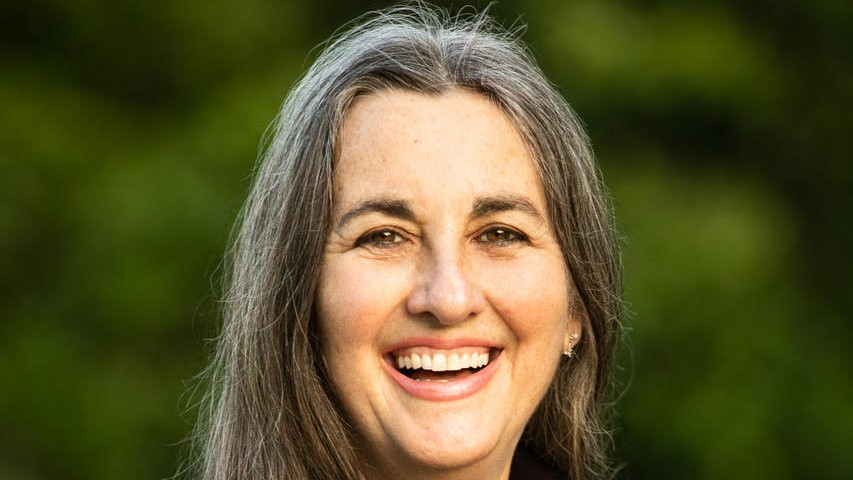Georgia naturalist Janisse Ray shares human stories from wild places

Janisse Ray’s 1999 memoir “Ecology of a Cracker Childhood” introduced many people to the beauty of South Georgia. The award-winning Georgia nature writer has a new book out now with stories that take her further afield.
The essay collection “Wild Spectacle” shares adventures she’s had from Costa Rica to Alaska. She said traveling gives her perspective on her home, a farm near Savannah.
“It’s always different,” she says of how new places inform her views. “That’s why I love traveling.”
While Ray’s stories celebrate wild places and the wildlife she encounters, the essays are also about her personal relationships, friendships, shared meals and loss.
“Humans are a part of nature,” she says. “In these essays, I’m never leaving out humans, humans are always a part of it.”
Ray has author events in Atlanta this week for her book tour.
Excerpts from the interview
On staying closer to home
“I’m so sorry that most of our travel is fossil-fuel based,” Ray says.
Because of that, she stopped flying, and the last third of her book focuses on voyages closer to home.
“I had to plan journeys that were more localized, or more interior,” she says.
“I heard Bill Finch, a great naturalist from Alabama say, ‘The commodity that we produce is how to live in place.’ And I think that’s exactly right. If I have a factory here, in my heart, and in my brain, the thing I am trying to produce is, how do we live more sustainably?”
On focusing on love instead of despair
“I think sometimes the bad news is flying at us by the hour” she says. “And I thought that it might be more helpful if I reminded myself and readers and others of why we care, what we’re fighting for, what we’re defending, what life on Earth really is.”
“A lot of images, a lot of news, a lot of social media, just a lot of the societal expectations that are flying at us, would really have us turn away from these kinds of things, these ideas — the idea that a cicada matters, a monarch matters. And so I’m also, in the book, just trying to be one more voice and one more force saying, ‘No, this love that you felt as a child for a tree is a true love. That tree is your beloved.’”





